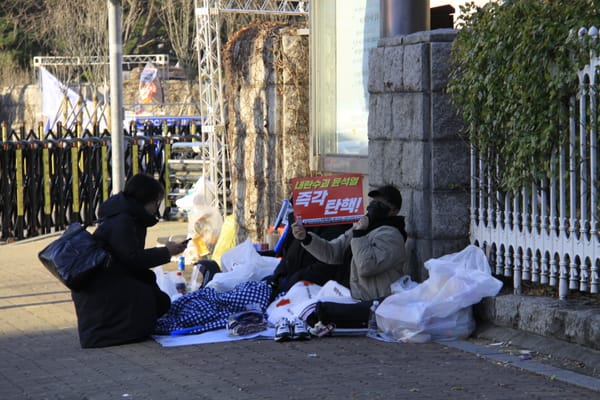Asia Undercovered Round-up: 8 June 2022
Undercovered last week
This month finally saw the UN High Commissioner for Human Rights, Michelle Bachelet, finally visit Xinjiang/East Turkestan. It was, by every measure, a disappointing trip that saw her fail to engage with civil society, do any meaningful investigations, nor look into the allegations of genocide.
To understand just how disappointing this was, read Uyghur journalist Shohret Hoshur open letter to the UN, in which he talks about the 11 family members of his in detention, and his hope that Bachelet’s trip will “help end my family members’ years of undeserved punishment” (The Bridge).
Meanwhile, Lee Nguyen argues for a UN Special Rapporteur to visit Vietnam, in order to assess the country position on religious freedom – a change, he believes, to improve the country’s image among the global religious community (The Vietnamese).
In Myanmar, global activists launched a blue shirt campaign, to highlight the huge numbers of political prisoners being held by the military. It’s another sign of ongoing, persistent resistance more than a year after the horrific coup (Mong Palatino, Global Voices).
China has, according to Joshua Kurlatzick in this piece for Japan Times, gone all-in on supporting the military junta regime? Why? To protect its investments, of course.
Worth reading: This wonderful in-depth piece for the new, India-based Reporters Collective, publishing in eight languages and exposing how Facebook allowed a company close the ruling BJP to promote ads disguised as news, including those attacking Muslims.
Meanwhile, in Kashmir, journalism continues to face threats as arrests, intimidation, and erasure of news archives continues. Umer Beigh explores how the simple act of reporting has become more difficult than ever in the occupied region (Unbias the News).
Electoral Politics
In a race for Thailand’s capital, Bangkok, Chadchart Sittipunt, from the opposition faction, won in a landslide. In this piece, Prachatai discusses what impact this race might have on the coming regional, and national, election, in a country that only recently saw widespread anti-government protests.
And many of us are still processing how Marcos could actually have been elected last month in the Philippines. This piece takes a different perspective, arguing that it's partly due to the failure of the opposition, and the left, to, among other things, “advance a compelling alternative to elite rule,” (New Left Review).
And, after recent elections saw the BJP win in most states. In this piece, Gummadidala Ranga Rao argues that India’s democracy is facing an unprecedented challenge as the institutions that underpin it have “lost their vigor and vitality, autonomy and authority because pliant people are manning these vital bodies.”
Geopolitics
China is building another bridge on a disputed lake, along the border between occupied Tibet and India. It could, Trinley Choedon writes, aggravate tensions in a region that saw violent clashes not so long ago (RFA).
In this piece, Gulalai Ismail looks at how the failure of China’s partnership in Pakistan to help the Baloch people, whose land many projects are taking place, shows how the BRI is, in many places, worsening ethnic tensions (The Diplomat).
Solutions
A landmark law has been passed in Indonesia, protecting the victims of sexual violence. It was the results of years of activism, but it’s only the start, as now it will require effective enforcement and accountability (Indonesia at Melbourne).
Asia Undercovered: Round-ups and in-depth analysis of the news, events, trends and people changing Asia, but not getting enough attention in the US media.



